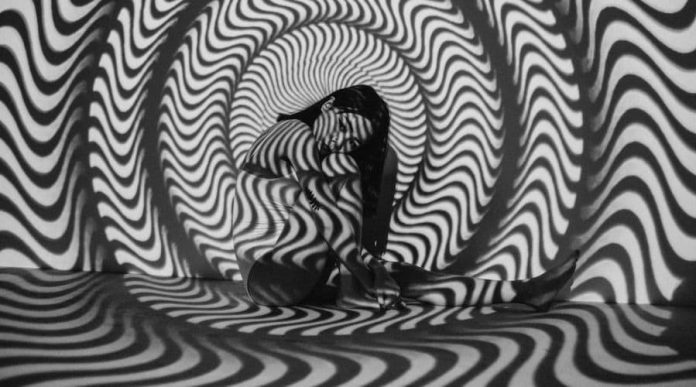It’s now regular to hear about mental health struggles experienced by the average citizen to a veteran to a celebrity, but many still suffer in silence. It’s common to think of mental health and addictions as the same. For this reason, the use of psychedelics for mental health and trauma can be hard for some to imagine.
While strides have been made to de-stigmatize mental health, the years of shaming have stalled treatment progress. One condition under the mental health umbrella creating compassion needed for advancement is posttraumatic stress disorder (PTSD).
What is PTSD, and how is it treated?
Posttraumatic stress disorder is at the forefront of some promising yet controversial treatments for helping to overcome trauma. PTSD is a syndrome of excessive physical and mental stress reactions that develop after exposure or experience of a traumatic event.1 While some people may experience stress immediately following a traumatic event, PTSD is diagnosed when these reactions are experienced for six months or more.
PTSD is often recognized as a military service and veteran’s condition as this group has a higher rate of PTSD diagnosis than the general population.2 As more patients suffer the effects of what can be a debilitating mental health condition, an unexpected group of drugs is making a comeback but as a therapeutic versus recreational drug.
Promising psychedelics
The late 1930s saw the first lab-manufactured psychedelic. This drug was LSD, and exploratory use exploded in the 60s and 70s.3 Evidence existed that drugs like LSD could be used therapeutically. Still, the culture of the time made it impossible to approve clinical trials.3 Fast forward to the 2000s, and research is making strides in using these drugs to help overcome trauma.
Psychedelics like LSD, ketamine, and MDMA temporarily enhance the brain’s ability to adapt to new thoughts and ideas.4 In addition, this class of drugs tends to promote introspection.4
During therapy, PTSD patients must mentally revisit the traumatic event that instigated the condition. While revisiting the event, the patient’s brain experiences the trauma again, but the psychedelic reduces their fear and shame. Lessening harmful emotional reactions helps the patients to process the event healthily.
The future of psychedelic-assisted therapy
The Journal of Psychoactive Drugs foresees the bridge shortening between study and application for psychedelics in treating trauma.3 Clinical trials in this area of mental health care are gaining traction.
Exciting new options, like psychedelic therapy, are slowly being accepted within the medical community. Future considerations include the scarcity of trained clinicians in this realm and licensing reviews for drug administration.
If the current trends and trajectories hold, a future of psychedelic use in a therapist’s office could be the new normal for PTSD and other mental health conditions. Society’s acknowledgment of our current mental health crisis may be the catalyst needed for the adoption of revolutionary treatments like psychedelics as medicine.
References
- Andreasen NC. What is post-traumatic stress disorder? Dialogues in Clinical Neuroscience. 2022;13(3):240-243. https://doi.org/10.31887/DCNS.2011.13.2/nandreasen
- How Common is PTSD in Veterans? U.S. Department of Veteran Affairs. https://www.ptsd.va.gov/understand/common/common_veterans.asp. Published August 29, 2022.
- Doblin RE, Christiansen M, Jerome L, Burge B. The past and future of psychedelic science: An introduction to this issue. J Psychoactive Drugs. 2019;51(2):93-97. doi:10.1080/02791072.2019.1606472
- Bhatt SR, Armstrong M, Parker T, et al. Psychedelic therapies at the crossroads of trauma and substance use: Historical perspectives and future directions, taking a lead from New Mexico. Frontiers in Pharmacology. https://www.frontiersin.org/articles/10.3389/fphar.2022.905753/full. Published June 27, 2022.
- Krediet E, Bostoen T, Breeksema J, van Schagen A, Passie T, Vermetten E. Reviewing the potential of psychedelics for the treatment of PTSD. International Journal of Neuropsychopharmacology. Published March 14, 2020. https://doi.org/10.1093/ijnp/pyaa018.



